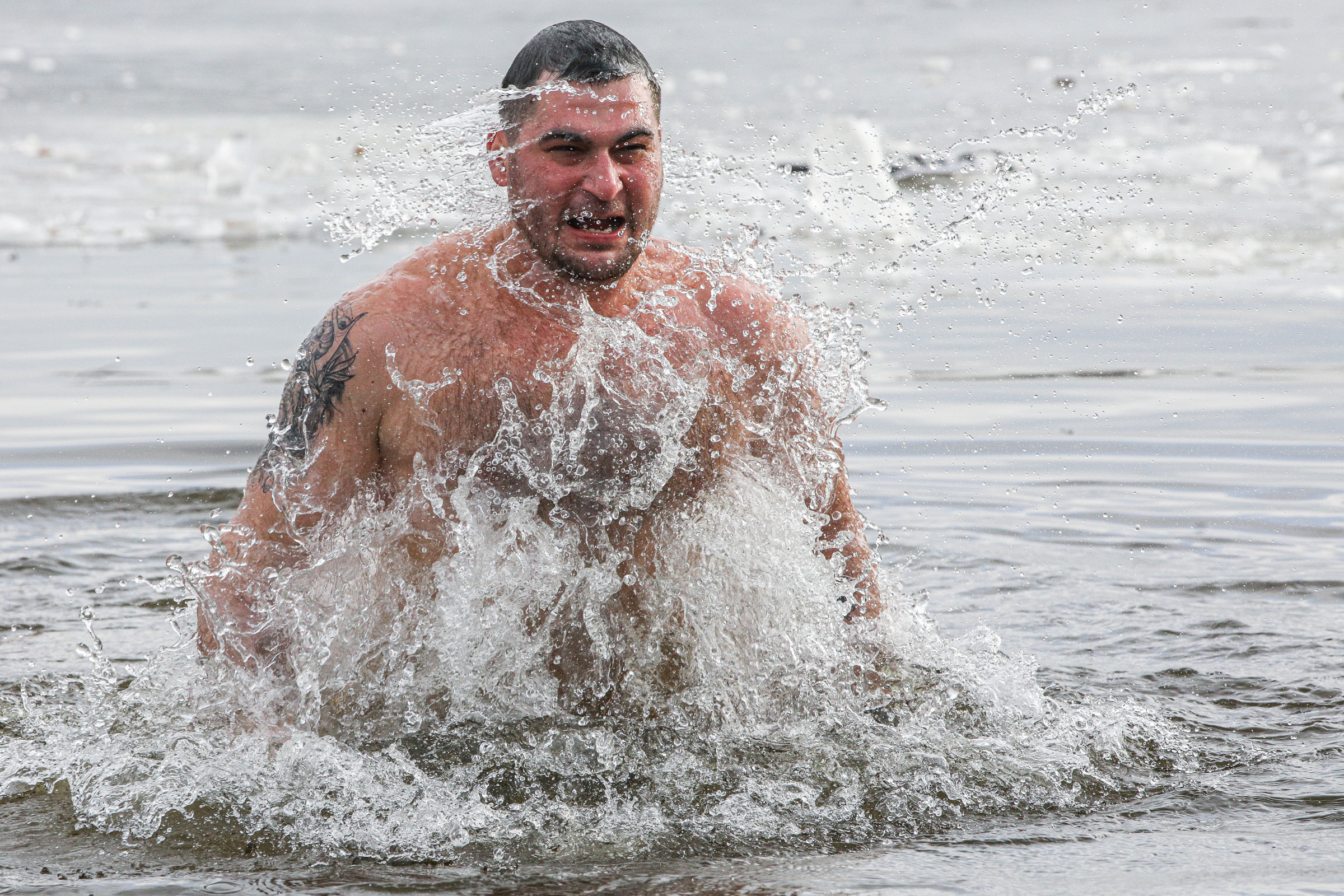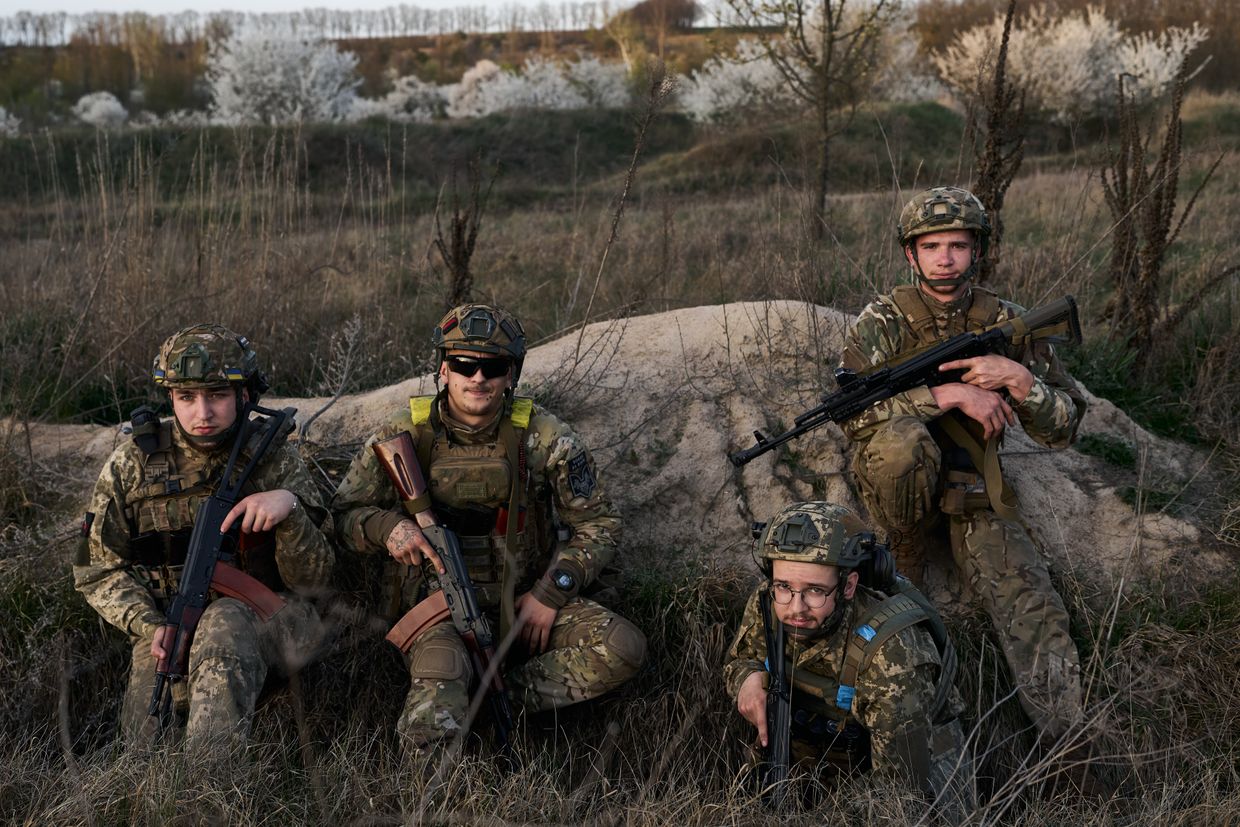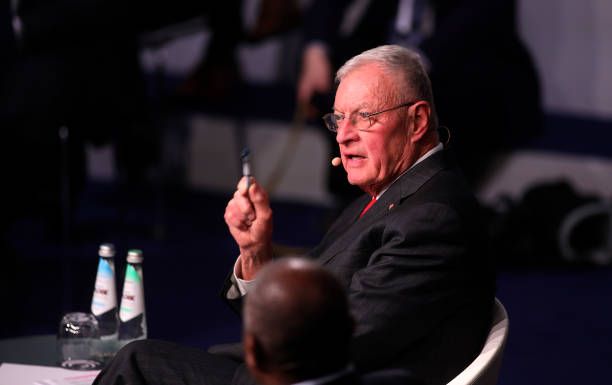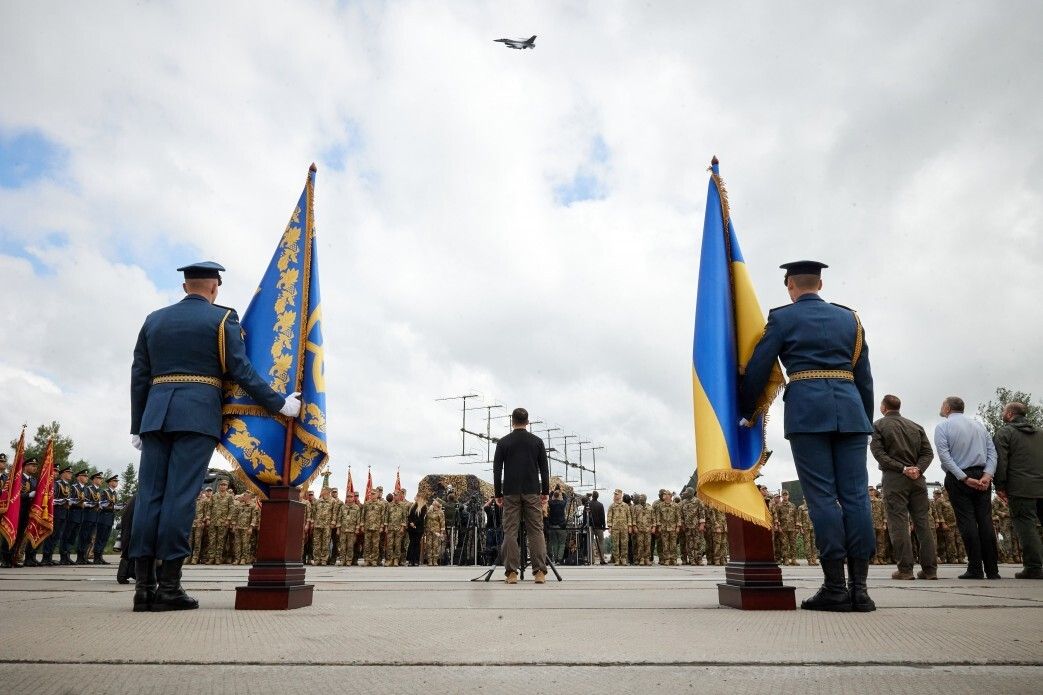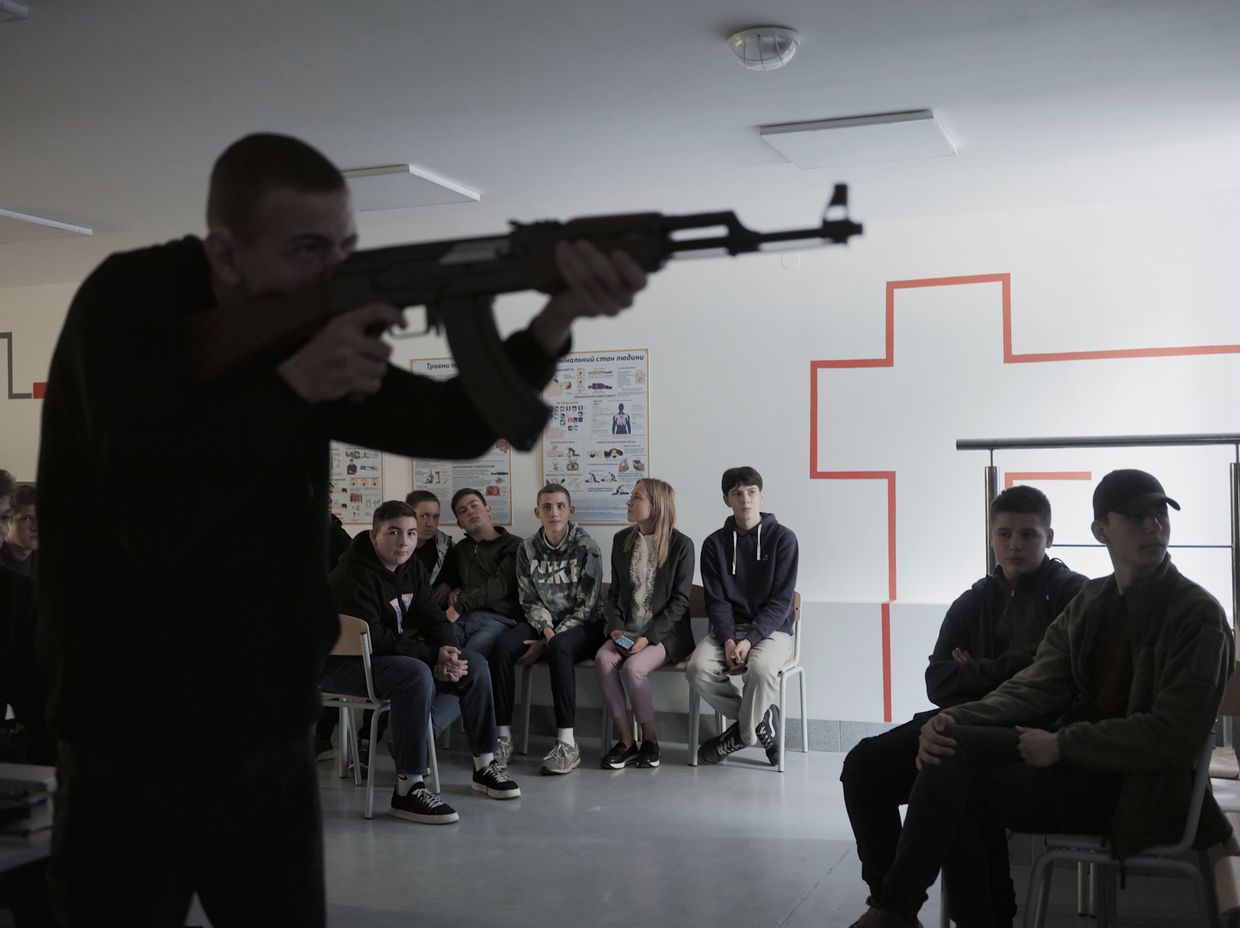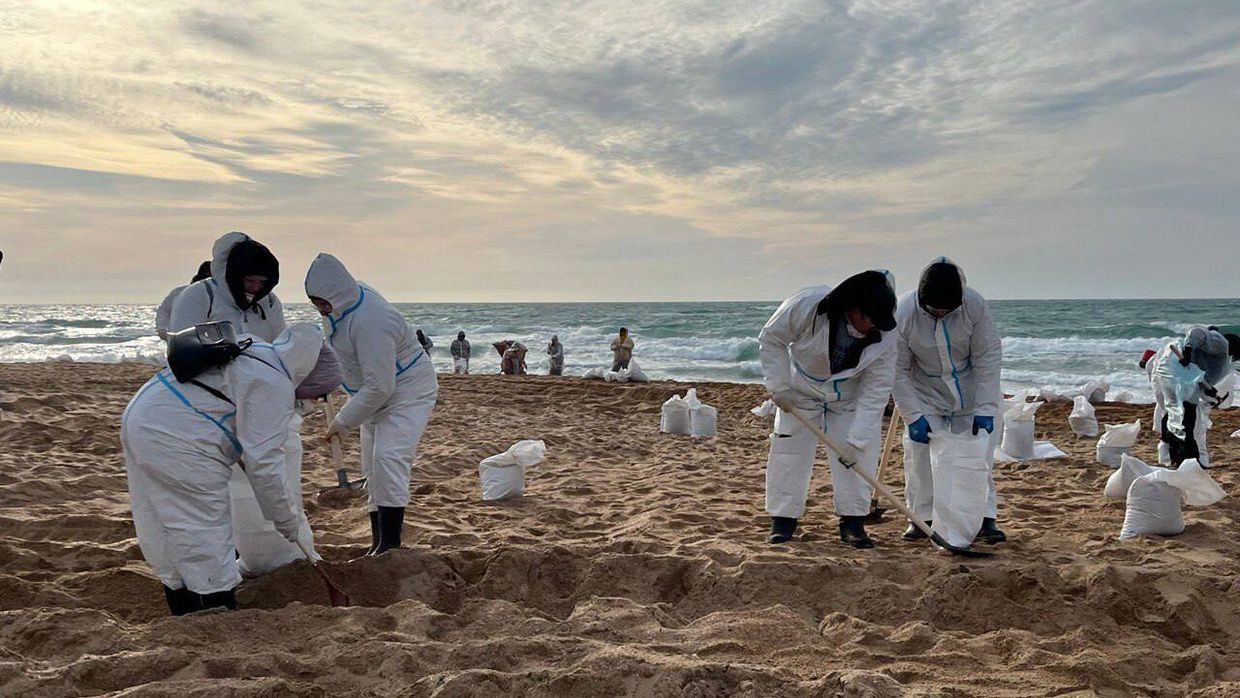Jumping in the ice holes during Epiphany peaked its popularity in Ukraine during the 2000s. President Viktor Yushchenko loved to do this — and officials mimicked it, making the event more and more widespread. However, ethnologists, medics, and even priests shared their doubts about this tradition. Now, these doubts sound loud and clear.
The doctors' argument is pretty obvious: exposing your body to extreme temperatures once a year is a shock for your health. The opinion of priests — this action has no theological meaning and looks like something between pagan ritual, unhealthy sport, and the Ice Bucket Challenge. The argument of ethnologists — there are no clear signs that this tradition was widespread in Ukraine before the XX century. Almost complete absence of it in western regions of the country signals that it could have been borrowed from Russia in a relatively recent time. Moreover, Ukraine's tradition tends to refrain from practical use of the consecrated water during this day.
A recent statement of Ukraine's Orthodox Church combined the last two arguments and gently denounced the tradition as invasive and unhealthy. “You cannot wash your sins off with cold water, you should do it with repentance and through the Sacraments of the Church,” their main narrative reads.
However, this year some critics of this statement emphasized there is a similar tradition in the Balkans. Some of them used the photo picturing Ecumenical Patriarch Bartholomew blessing a young Greek that just came out from the river.
This argument has some truth, but it also has some flaws that prevent us from taking it seriously.
First of all, there are apparent differences between these Balkan and Russian traditions.
In the Balkans, on Epiphany, a priest tosses the cross into the water while young men compete to retrieve it. This tradition also sometimes raises objections but is generally accepted by the clergy as non-dangerous. There are also some other traditions like dancing in the water. However, the climate of the Balkans is much warmer than that of eastern Europe, so the analogies here are flawed from the start.
In Russia, on Epiphany, people of all ages plunge into ice-holes three times.
As we can see, the way some people do it in Ukraine is similar to the Russian tradition, while having noticeable differences from Balkan one. That, as well as much more close cultural exchange of religious traditions with Russia than the Balkans from XVIII to XX century, and absence of such a tradition in western Ukraine, shows us that the counterargument of “we could have borrowed it from Greece or Bulgaria” has less weight in it that its supporters want.
The Orthodox Church of Ukraine is right — most probably, we followed the Russian tradition.
Is it a sufficient argument to leave it behind — the question that everyone should answer on their own.



